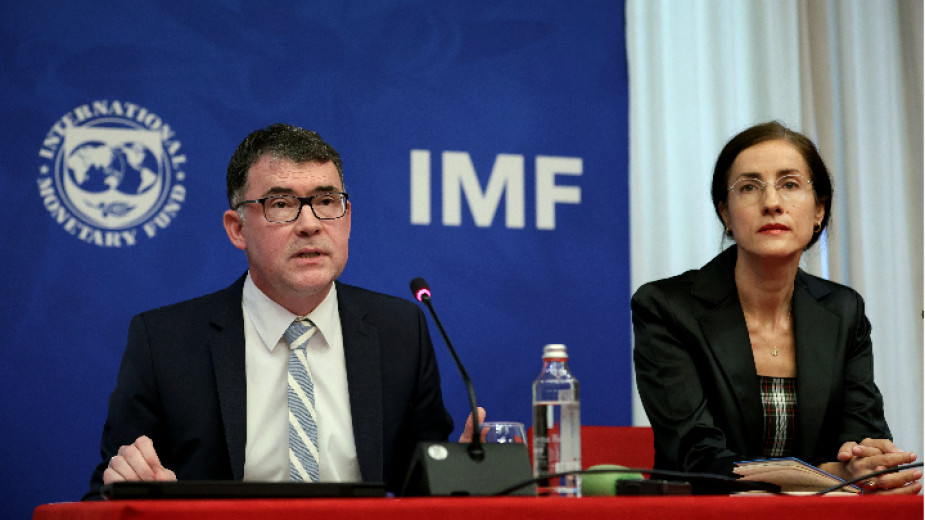
Bulgaria has the opportunity to reap the full benefits of eurozone membership, but this will require stronger fiscal discipline, effective management of transition risks, and accelerated structural reforms, the International Monetary Fund (IMF) mission said on Tuesday, as reported by the Bulgarian News Agency (BTA).
The IMF expects GDP to grow by around 3% in 2025–26, supported by private consumption and credit expansion. Inflation is expected to ease, though it will remain at around 3.5%, driven by rising labour costs: wages are rising faster than productivity, which puts pressure on profits and pushes companies to raise prices.
The IMF also recommends investing in human capital, improving the rule of law, enhancing competition in public procurement and reforming the energy sector.
The lack of sufficient manpower and strong private consumption are the main reasons for inflation, according to the second "Economic Review" of the Bulgarian National Bank (BNB) for the year. Annual inflation is 2.9%, increasing by 2.1% by May 2025..
After months of low inflation and even temporary deflation in April this year, according to official national statistics, the trend abruptly reversed. On July 15, literally days after Bulgaria received a green light from Brussels for..
Bulgaria's entry into the eurozone on January 1, 2026 will not make vacations more expensive. This is what Rumen Draganov, director of the Institute for Analysis and Forecasts in Tourism told the Bulgarian National Radio. The prices..

+359 2 9336 661
